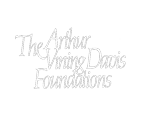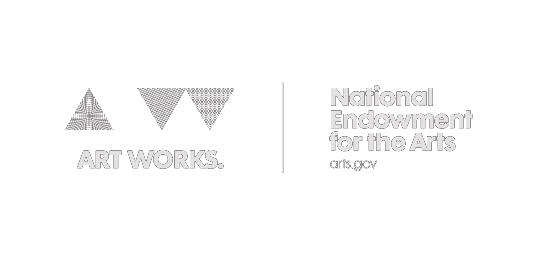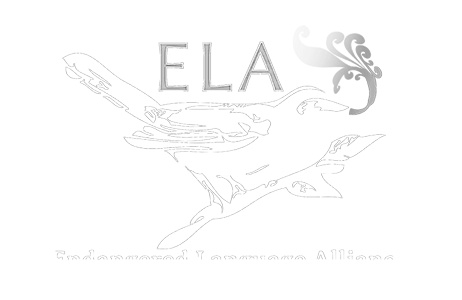Ask a Linguist: Linguist List feature inviting any member of the public to ask professional linguists any question about language or linguistics
Basic Oral Language Documentation (BOLD): language documentation method being pioneered in Papua New Guinea and designed to be done rapidly, with little training, by speakers themselves
Fieldwork tools: questionnaires, tests, and stimuli from the Max Planck Institute, helping linguists reveal and describe grammar during language fieldwork
Language Documentation – academic papers: bibliography from Peter Austin of the Hans Rausing Endangered Languages Project, covering theory, practice, ethics, collaboration, archiving and more for linguists
Languages in Danger: interactive maps, teaching materials, and a “Book of Knowledge” on all things endangered language-related (in English, Dutch, German, Hungarian, and Polish)
Linguist List: essential website, listserv, and clearinghouse for linguists and anyone interested in linguistics around the world, with frequent resources and announcements pertaining to endangered languages
Living Archive of Aboriginal Languages: digital archive with hundreds of materials, primarily educational books, in 25 Aboriginal languages from Australia’s Northern Territory
Online Resources for Endangered Languages: extensive collection of links curated by the Hans Rausing Endangered Languages Project in London
Our Language: collection of language revitalization resources, focused on Native American languages
Our Mother Tongues: website focused on Native American languages, featuring a language map, recordings in 12 languages, a blog on language issues in Indian Country, and footage from Anne Makepeace’s documentary We Still Live Here – Âs Nutayuneân, the story of the revitalization of the Wampanoag language which aired on “Independent Lens”
UNESCO Interactive Atlas of the World’s Languages in Danger: online map with advanced search capabilities and mechanisms for public input, showing the global distribution of endangered languages
World Atlas of Language Structures (WALS): large linguistic database that gathers and maps many phonological, grammatical, and lexical properties of the world’s languages, from a global, typological perspective






